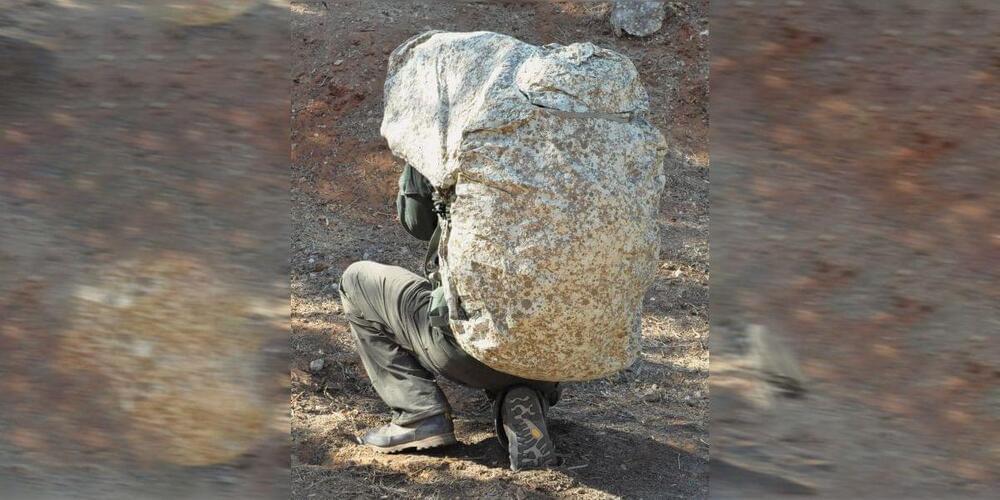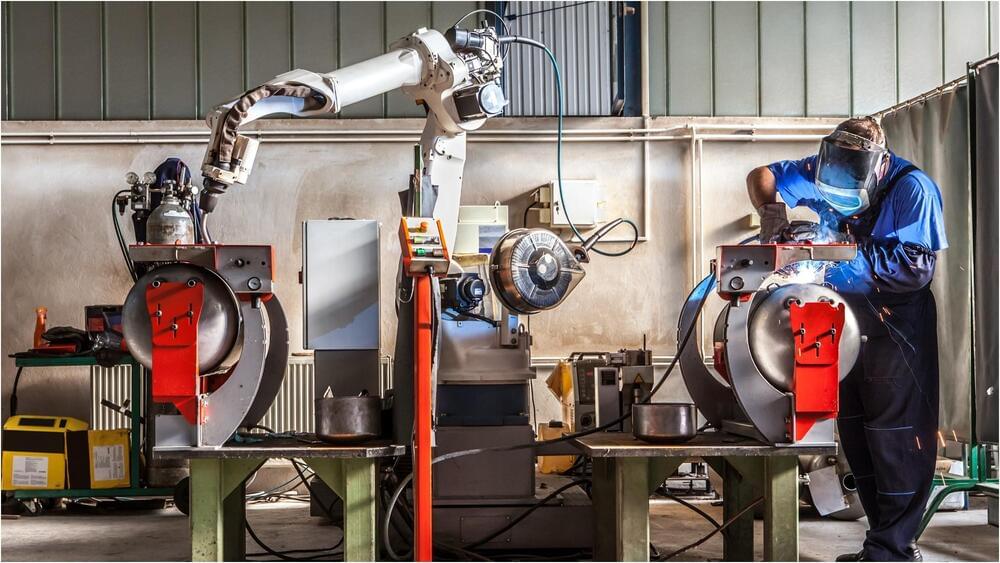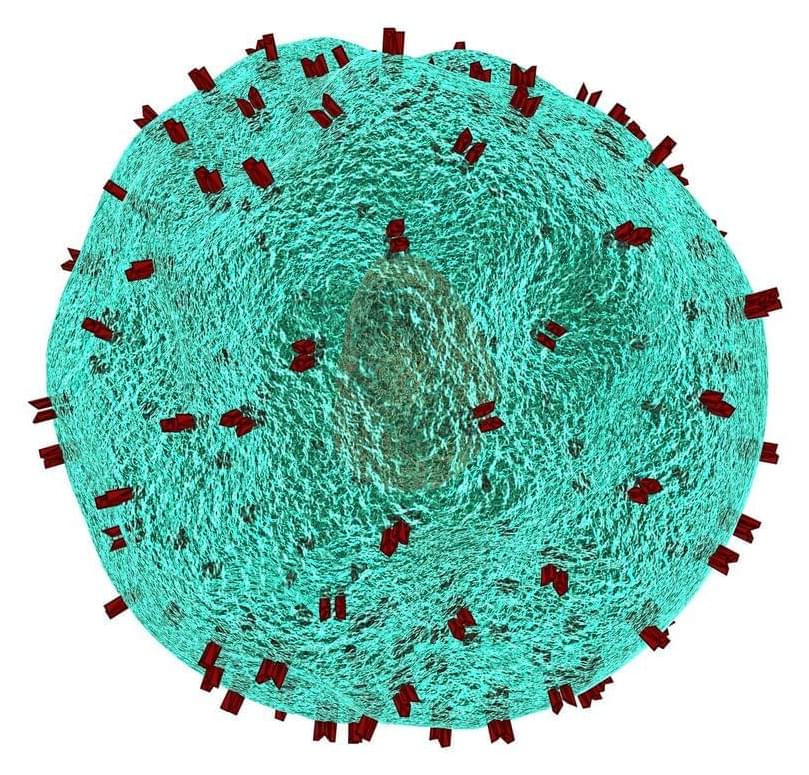Identifying how to help a loved one struggling with mental health challenges can feel overwhelming. Our helpful guide is filled with tips, strategies, and resources that can accelerate the journey to recovery.
Page 3896
Nov 26, 2022
Researchers confirm a primary cause of Alzheimer’s disease
Posted by Paul Battista in categories: biotech/medical, neuroscience
In a study from Yale-NUS College, researchers found evidence that metabolic dysfunction is a primary cause of Alzheimer’s disease is the most common neurodegenerative disease affecting the elderly worldwide, as well as one of the most common causes of dementia. In Singapore, one in 10 people aged 60 or above is believed to suffer from dementia.
Nov 26, 2022
Researchers Say They Are Close To Reversing Aging
Posted by Nicholi Avery in categories: biotech/medical, life extension
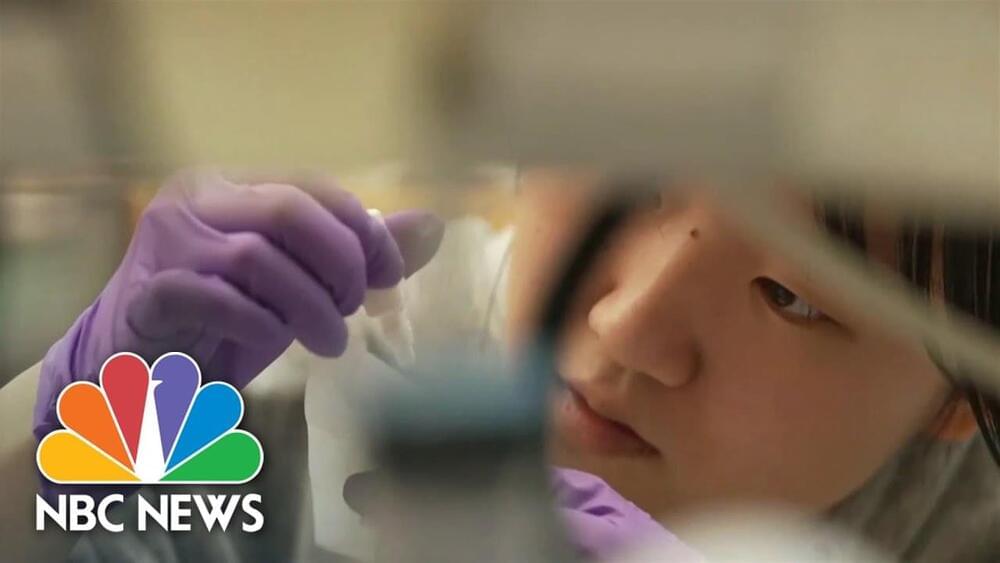
Researchers at Harvard University are investigating whether human genes could reverse the effects of aging. NBC Medical Fellow Dr. Akshay Syal got exclusive access to their lab to discuss the future of how to defy aging.
» Subscribe to NBC News: http://nbcnews.to/SubscribeToNBC
» Watch more NBC video: http://bit.ly/MoreNBCNews.
Continue reading “Researchers Say They Are Close To Reversing Aging” »
Nov 26, 2022
How To Increase Longevity | Prof. Matt Kaeberlein
Posted by Montie Adkins in categories: biotech/medical, genetics, information science, life extension
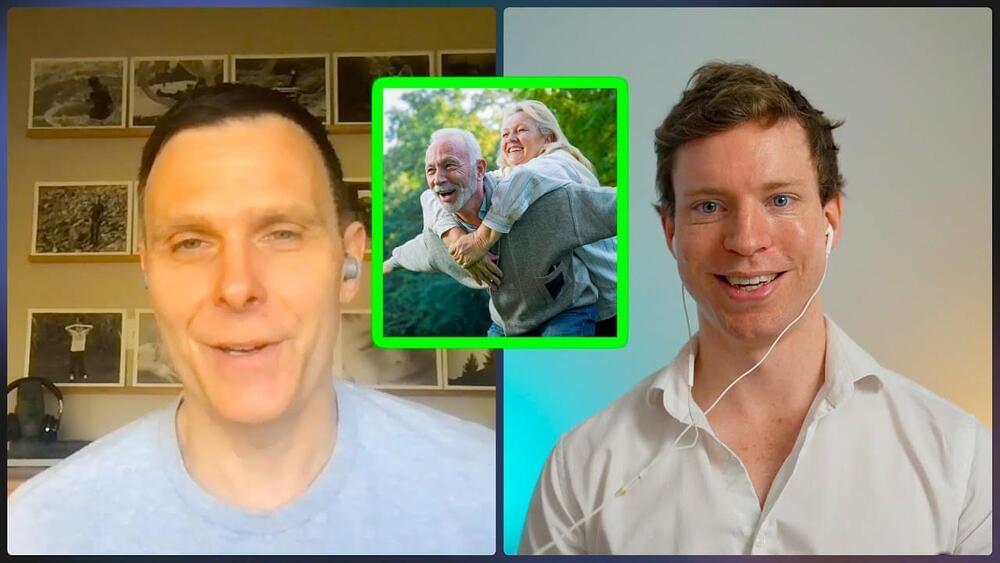
No questions concerning plasma dilution or E5, but a good interview with chapters.
Professor Matt Kaeberlein discusses the Dog Aging Project, longevity, Rapamycin, mTOR, and if we can ‘solve aging’
Continue reading “How To Increase Longevity | Prof. Matt Kaeberlein” »
Nov 26, 2022
Israel Found a Way to Make Soldiers Invisible
Posted by Raphael Ramos in categories: government, materials
The Israeli government has teamed up with a defense contractor to invent a new material matrix that can hide soldiers from infrared sensors, making them more difficult to detect.
Polaris Defense’s Kit 300 system is a “thermal visual concealment” system that uses a combination of “metals, microfibres, and polymers” to mask a soldier’s thermal signature, according to Business Insider.
Thermal imaging technology creates a visual representation of an object via the invisible infrared (“heat radiation”) the object emits. If that object radiates heat, a thermal imager will show an image of it, with different colors representing relative levels of heat.
Nov 26, 2022
Bacteria in tumors may promote cancer
Posted by Raphael Ramos in category: biotech/medical
Our bodies harbor countless microbes—and so do our tumors, it turns out. Over the past 5 years, researchers have shown cancer tissue contains entire communities of bacteria and fungi. Now, it appears some of the bacteria may be cancer’s accomplices. In a paper in this week, a team led by Susan Bullman of the Fred Hutchinson Cancer Center reports that in oral and colorectal tumors, bacteria live inside cancer cells and boost their production of proteins known to suppress immune responses. The microbial interlopers may set off a chain reaction that prevents the immune system from killing cancerous cells, and they may also help cancer metastasize to other parts of the body.
The study doesn’t entirely clinch the case for a bacterial role in cancer, but it is very suggestive, says Laurence Zitvogel, a tumor immunologist at the Gustave Roussy Institute. “It shows that bacteria in colorectal and oral tumors can actively disturb the immune equilibrium,” she says.
Confirmation that microbes can cause tumors to grow or spread could open up new ways to make cancer treatment more effective, for instance by killing bacteria with antibiotics. And because each type of cancer appears to come with a unique microbiome, researchers are exploring whether microbes could be used as a diagnostic tool to detect cancer early in a blood sample.
Nov 26, 2022
New robots in Europe can be workers’ best friends
Posted by Shubham Ghosh Roy in categories: employment, food, robotics/AI
Just as car created job for drivers, computer created job for data entry operator.robots will also create new types of high paying jobs.
For decades, the arrival of robots in the workplace has been a source of public anxiety over fears that they will replace workers and create unemployment.
Now that more sophisticated and humanoid robots are actually emerging, the picture is changing, with some seeing robots as promising teammates rather than unwelcome competitors.
Continue reading “New robots in Europe can be workers’ best friends” »
Nov 26, 2022
CAR T cell therapy could reach beyond cancer
Posted by Shubham Ghosh Roy in categories: bioengineering, biotech/medical, genetics
Engineered immune cells, known as CAR T cells, have shown the world what personalized immunotherapies can do to fight blood cancers. Now, investigators have reported highly promising early results for CAR T therapy in a small set of patients with the autoimmune disease lupus. Penn Medicine CAR T pioneer Carl June, MD, and Daniel Baker, a doctoral student in Cell and Molecular Biology in the Perelman School of Medicine at the University of Pennsylvania, discuss this development in a commentary published today in Cell.
“We’ve always known that in principle, CAR T therapies could have broad applications, and it’s very encouraging to see early evidence that this promise is now being realized,” said June, who is the Richard W. Vague Professor in Immunotherapy in the department of Pathology and Laboratory Medicine at Penn Medicine and director of the Center for Cellular Immunotherapies at Penn’s Abramson Cancer Center.
T cells are among the immune system’s most powerful weapons. They can bind to, and kill, other cells they recognize as valid targets, including virus-infected cells. CAR T cells are T cells that have been redirected, through genetic engineering, to efficiently kill specifically defined cell types.
Nov 26, 2022
History of the Universe from a Neural Network
Posted by Dan Breeden in categories: alien life, ethics, existential risks, quantum physics, robotics/AI
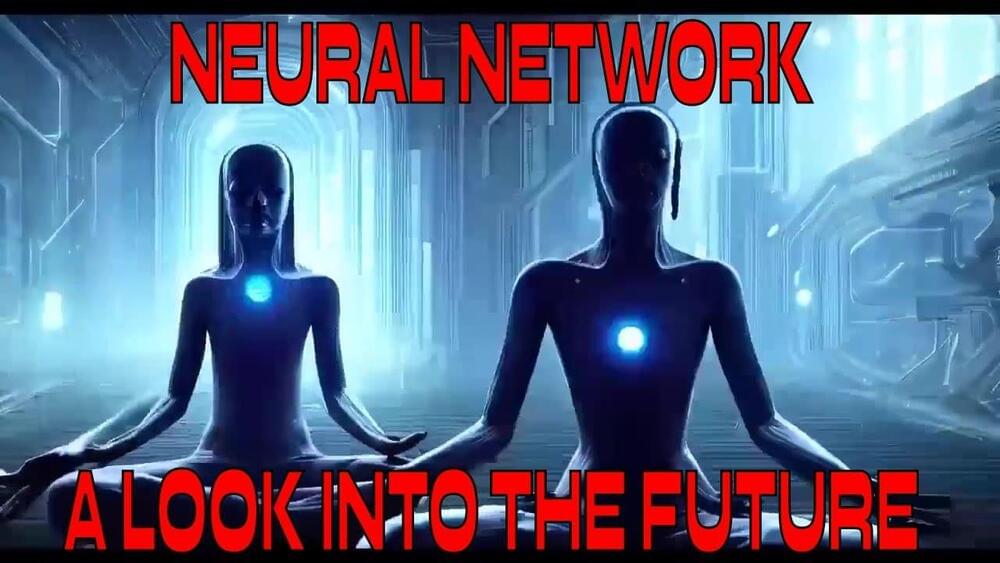
Vitaly Vanchurin, physicist and cosmologist at the University of Minnesota Duluth speaks to Luis Razo Bravo of EISM about the world as a neural network, machine learning, theories of everything, interpretations of quantum mechanics and long-term human survival.
Timestamp of the conversation:
Continue reading “History of the Universe from a Neural Network” »
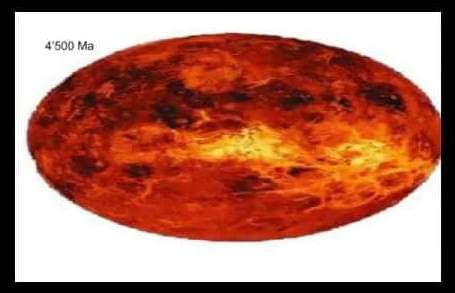
Today we have the impression that our planet is a stable place, in exception of some natural disasters. But there was times earth was not a live-friendly place. A important condition for life is the presence of liquid water (maybe not everywhere). Land was inhabitated till the Ordovizium because of air Oxygen poverty.
Many Factors are changing the state of our planet. For first the sun which is increasing their radiation by ageing. This is evident because it shifts the inner bounder of the habitable zone away from sun. Another Problem is the ageing of earth and the decreasing of geological activities. This will reduce the exhaust of greenhouse gasses and so the outer border of habitable zone will shrink. Maybe after 500 Million years life on earth is no more possible, but just Pangea Ultimo will be a very hostile, deserted World. Later Water will evaporate, combinated with volcanic gases Earth will get a very dense athmosphere very Venus-like. This state will Keep for billions of year — a very sad end for our planet before Sun, after the collapse of hydrogen burning and a instable phase will finally inflate to a red giant. It’s not sure if earth will be absorbed but otherwise it would be a devastated, lonely planet travelling through space… Have you ideas for another Video — write it in the coments — best ideas will be realized… I also make gaming-Videos about Amazing-Frog and Minecraft, my Server https://minewind.com …


